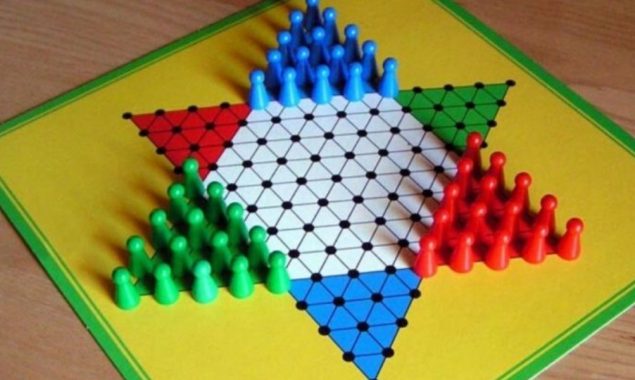News Analysis: Indonesia’s drastic coal export ban catches regional market off guard
JAKARTA, Jan. 7 (Xinhua) -- The Indonesian government has put domestic miners...

SHANGHAI, Jan. 7 (Xinhua) — China’s self-developed games raked in more than 18 billion U.S. dollars in sales overseas last year, up about 16.6 percent year on year, with markets including the United States, Japan and the Republic of Korea (ROK) contributing over 58 percent of the sales, said a report released by GameLook, a gaming industrial research institute.
Their revenues in the United States, Japan, ROK, also the three traditional giants of the gaming industry, had shown a gradually decreasing tendency in the past three years, while countries and regions such as Chile and Egypt have become China’s major game export destinations.
The phenomenon suggests that China’s gaming industry is constantly exploring emerging markets to expand the breadth and depth of its overseas markets, according to the report. In the face of diversified overseas demands, Chinese game enterprises no longer just focus on developing medium-heavy strategy games, but look for more possibilities to increase their market share.
King of Avalon, a fantasy-themed game, is the first Chinese-developed game to get first place in revenue on Apple’s App Store. Since its global launch in 2016, it has won the hearts of about 90 million players. Notably, the game has remained among the top 20 best-sellers of countries along the Belt and Road to date.
The game is going global with more and more elements adapted from traditional Chinese culture. It once launched a character “Mulan,” an ancient Chinese heroine in legends, which has drawn much international attention. It plans to roll out more relevant cultural and creative products based on Chinese traditional crafts and intangible cultural heritages in the future.
Self-developed games in China are expected to steadily rely more on independent innovation with domestic intellectual property rights.
“Games are integrating with cultures. With more than 2 billion people around the world using games as their main entertainment form, games will also be globalized, and arts and cultures of every country will be revitalized via games,” said Ao Ran, executive vice president and secretary-general of the China Audio-video and Digital Publishing Association.
Catch all the International News, Breaking News Event and Latest News Updates on The BOL News
Download The BOL News App to get the Daily News Update & Follow us on Google News.